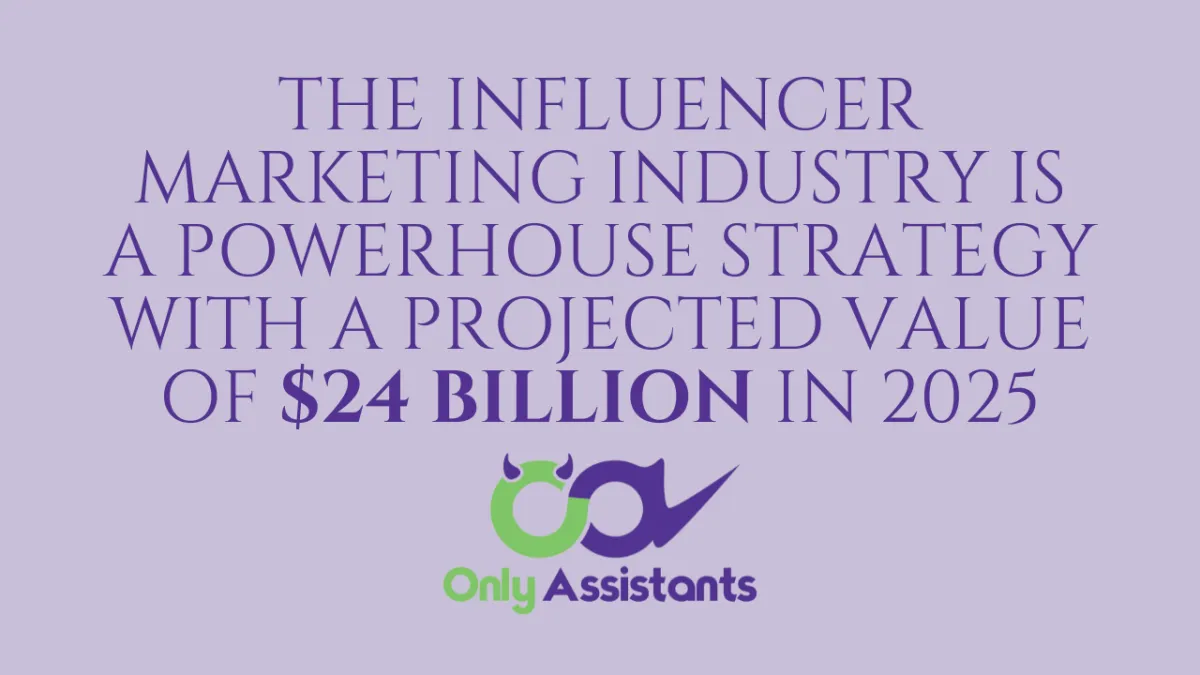The Industry News You Need
To Stay Ahead of the Game
10 Influencer Marketing Trends You Need To Know
Influencer marketing has emerged as a powerful tool for brands to reach their target audience and drive business growth. As we look into what 2023 has to offer, it's important for marketers and businesses alike to stay up-to-date with the latest trends in this rapidly evolving field. In this blog post, we will explore influencer marketing trends that are expected to shape the industry in the coming year.

Rise of Micro-Influencers: Although mega-influencers have dominated the influencer marketing landscape in the past, we can expect to see a significant shift toward micro-influencers. These new marketing mavericks typically have a smaller but highly engaged following and offer a more targeted reach for brands.
Authenticity and Transparency: As consumers become more discerning, brands will need to prioritize authenticity and transparency in their influencer partnerships. Influencers who align with a brand's values and genuinely believe in the products or services they promote will have a greater impact on their audience.
Long-term Partnerships: Short-term influencer collaborations may gradually take a backseat as brands recognize the value of building long-term relationships with influencers. This allows for more authentic and integrated campaigns that resonate with the influencer's audience over time.
Social Commerce Integration: This year, we can expect to see greater integration of influencer marketing with social commerce. Brands will leverage influencers to drive sales directly through shoppable posts and collaborations with popular e-commerce platforms.
Niche Influencers Gain Importance: With the growing demand for personalized experiences, niche influencers will gain traction. They will have a strong following within a specific industry or interest group, enabling brands to target highly relevant audiences.
Influencer Live Streaming: Live streaming has become popular across various social media platforms. Brands will increasingly utilize influencer live streams to connect with their audience in real time, building engagement and trust.
Influencer Diversity and Inclusion: Brands are recognizing the importance of diversity and inclusion in their influencer marketing efforts. In the digital landscape for this year, we can expect to see more diverse voices being represented and celebrated in influencer campaigns.
Social Cause Partnerships: Influencers play a vital role in driving social change. Brands will increasingly partner with influencers who are passionate about specific causes to create impactful campaigns that resonate with audiences.
Influencer Legal Compliance: With stricter regulations around influencer marketing, brands will prioritize legal compliance, ensuring that influencers disclose their sponsored partnerships and follow guidelines set by regulatory bodies.
Influencer Marketing Performance Metrics: Brands are now paying closer attention to influencer marketing performance metrics beyond vanity metrics like follower counts. Metrics such as engagement rate, click-through rate, and return on investment will become more relevant.
As influencer marketing continues to evolve, brands must adapt their strategies to stay ahead of the curve. By embracing these marketing trends, businesses can enhance their reach, engage their target audience, and drive impactful results in a highly competitive digital landscape.
Affordable Talent, Uncompromised Results
Contact Us
Stay Ahead of the Game!

Stay Fresh and Dominate your Market!
Browse through trending content and insights for success. We want you to stay bold and never boring.

©2023 Only Assistants - All Rights Reserved,

